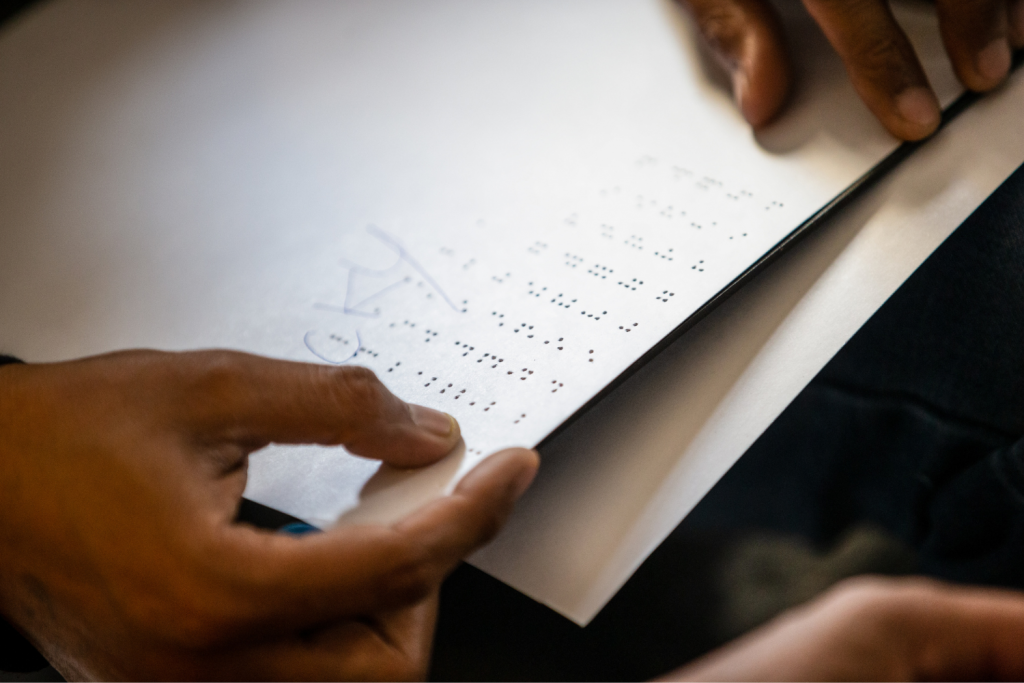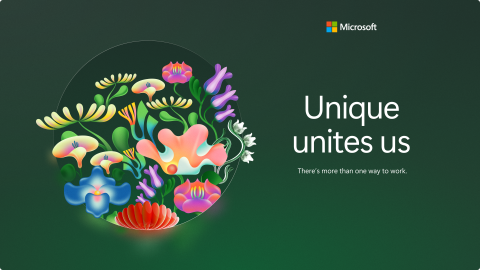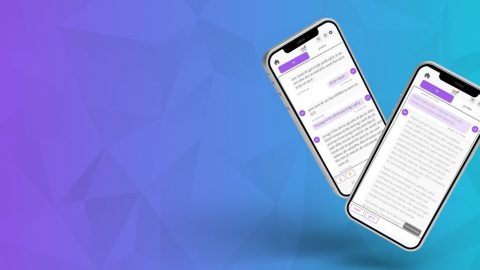Expanding the reach of accessible books
Millions of people with disabilities face what is known as a “book famine”, preventing them from reading books in a format that meets their accessibility needs.
Furthermore, there is a global divide in people’s access to technology. While 75 percent of people in developed countries own a smartphone, only 25 percent of people in the top 10 low- and middle-income do, and people with disabilities often earning less than those without disabilities.
The number of accessible digital books is growing. However, they are often in formats that cannot be accessed on basic phones, MP3 players or less powerful refreshable braille displays, let alone account for lack of internet connectivity or electricity.
DAISY’s vision is to create a world where books and learning are accessible to everyone, regardless of disability. Together with their members they have developed a software suite which can produce, validate and convert accessible books. While the solution, known as “Pipeline”, has proven benefits and capability, it also holds a high degree of complexity that often requires an IT department for installation and configuration. Through a Microsoft Accessibility Innovation grant, DAISY took on the challenge of leveraging the existing technology and making it more efficient for lower power computers, while also simplifying installation and configuration.
Additionally, DAISY recognized that in many low- and middle-income countries, local languages do not exist for the mor affordable digital braille displays. DAISY analysed the areas of biggest need (number of speakers, whether books are published in that particular language, potential impact) and as a result prioritized two new languages, Swahili and Chichewa. DAISY then collaborated with braille experts in these languages to create and integrate new braille tables into Liblouis, the open-source software that powers devices and products. The latest version of Liblouis, released earlier this year, now supports Swahili and Chichewa braille.
The outputs of the new conversion tool were validated with local communities and people with disabilities. Even within these trials the impact has been considerable, with many of the users being able to read for themselves for the first time in their lives. As Masho Kidanemariam, Executive Director for SENEthiopia, shares: “The Blind and visually impaired students in Ethiopia have very limited access to accessible book formats and their chances of owning smart phones or DAISY player to read books have reduced further due to the war. DAISY Consortium has developed the software to convert DAISY books to a format compatible with simple MP3 player. This has unimaginable benefit to our situation as we now have access to several thousands of books that can be provided to persons with print disabilities even in our country. This will enable the Blind and visually impaired persons in low-income countries, including Ethiopia, to not only have access to school textbooks but also university reference works, fiction and nonfictional works in accessible formats.”

A locally grounded approach
To ensure the solution matches the true needs of people in various countries, DAISY partnered with local organizations, including the L V Prasad Eye Institute (LVPEI) and the DAISY Lanka Foundation, to pilot new methods of creating and delivering accessible titles
To expand the languages available in digital braille, they partnered with the Kilimanjaro Blind Trust (Kenya), Malawi Union of the Blind (Malawi), Compass Braille (United Kingdom).
Finally, for the user interface trials we partnered with WIPO ABC (Geneva), SENEthiopia (Ethiopia), MegaVoice (South Africa), Orbit Research (India), ATDO (Japan).
The opportunity ahead
By providing first class conversion technologies to schools and small organisations, DAISY has enabled the production of digital braille and audio books in important languages such as Swahili and Chichewa. However, there is more to be done and DAISY plans to continue adding more languages to its braille translation tool in the coming months. Moreover, DAISY is aware of the challenges with many languages spoken in developing countries due to the lack of high-quality text to speech voices. However, thanks to the recent availability of new voices, DAISY hopes to extend its production tools to incorporate them to significantly enhance the availability of accessible braille and audio books in some of the world’s most challenged regions.
Connected resources:
The Impact of Low Cost Assistive Technology – The DAISY Consortium








